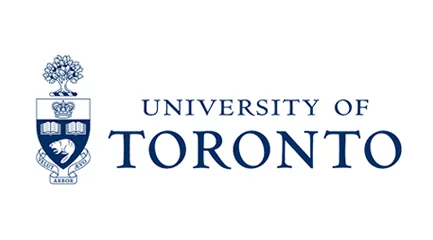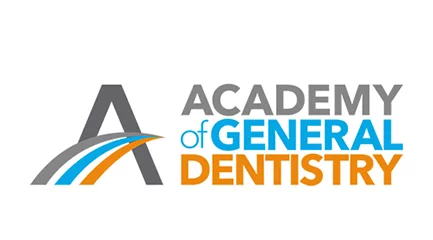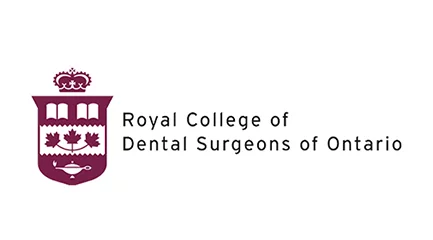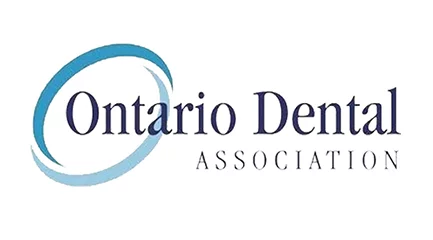ORAL EXAMINATIONS IN LONDON, ONTARIO
The oral cavity is the passageway to the digestive and respiratory tracts. It is an essential component for speech, chewing, swallowing, digestion, and taste sensations and acts as a protective barrier for the deeper and underlying tissues.
That’s why it is necessary to examine the oral cavity in order to evaluate and treat any complications in the early stages and minimise the risks of severe dental problems in the future.
The oral examinations generally comprise complete documentation and assessment of intraoral and extraoral and hard and soft tissues in the oral cavity to determine various dental complications, including:
- Tooth decay
- Gum diseases
- Oral cancer
- Underlying medical conditions.
Moreover, our oral and general health have a synergic relationship and evaluating oral diseases in the initiation can significantly save us from several overall health issues like diabetes, circulatory problems, and kidney diseases.
During an oral exam appointment, dentists also provide in-depth teeth cleaning services to eliminate the accumulation of plaque build-up on the tooth surfaces. The dentists also discuss patients’ lifestyle factors that can affect their oral health and suggest healthier alternatives.
Contact our office at (519) 485-4951 today, or book an appointment
TYPES OF ORAL EXAMINATIONS
Generally, the oral exam and dental hygiene appointment last for 40 to 60 minutes and involve a number of dental assessment procedures, involving:
1. PERIODONTAL EXAM
In the periodontal exams, the dentist assesses the condition of your gums which involves the evaluation of soft tissues around the gums, including the muscles of the oral mucosa or mastication, salivary glands, and palate through a series of X-rays and radiographs. Periodontal evaluations hold great significance in maintaining oral health and help you diagnose and treat gum-related issues in the initial stages.
2. TEMPOROMANDIBULAR JOINT EXAMINATION
In the temporomandibular joint (TMJ) examination, the soft oral tissues, muscles and ligaments surrounding the gum and teeth are assessed for the presence of lesions or irregularities and the cervical region is evaluated for thyromegaly and vascular diseases.
Salivary glands are also palpated for tenderness, masses, and enlargement. After that, the facial skeleton is evaluated for distortions or improper bite. The most common symptoms that indicate you might need a TMJ examination are headaches, earaches, jaw tenderness and facial pain.
3. OCCLUSAL EXAM
The occlusal exam, also called digital bite analysis, diagnoses bite irregularities. This exam is essential to determine and treat the underlying oral complications that lead to headaches, earaches, neck pain, tooth damage, muscle fatigue, and TMJ disorders.
During an occlusal examination, the dentist inspects the detailed functionalities of your teeth which involves visual and tactile assessments using an ultrasonic doppler device that determines relative health conditions in the temporomandibular joint and in its surrounding structures.
4. A COMPLETE HEAD, MOUTH, AND THROAT EXAMINATION
During this examination, the dentist completely evaluates the health conditions of the head, mouth, and throat and diagnoses any complications in the early stages so that they can be eliminated without causing adverse effects on our oral health.
It involves the inspection or palpitation of the pharynx. The health conditions of the lip, oral mucosa, tongue, gums, and soft and hard tissues are also evaluated. In the head examination, the conditions of facial structures, scalp, and skull are assessed for the determination of any distortions or irregularities.
Oral examinations educate people about their oral health conditions so they can take care of their teeth and gums in a better and improved way. They also help them eliminate several dental issues before they cause serious complications.
At Ingersoll Dental, we aim to provide our clients with exceptional dental care treatments, oral examinations and in-depth teeth-cleaning services at affordable rates often covered by dental insurance.
Your convenience is our top priority, and we have a team of highly professional and experienced dentists who correct your dental irregularities and distortions effectively and deliver you a healthy, straightened and bright smile.
COMMON SYMPTOMS THAT INDICATE YOU MIGHT NEED AN ORAL EXAMINATION
Multiple symptoms indicate you might need a thorough oral examination so that you can eliminate existing dental imperfections in the initial stages before they become complex to treat, including:
- Periodic or persistent toothache
- Teeth sensitivity to temperature extremes
- Abrasion of teeth’s enamel due to tooth cavity
- Sore or bleeding gums
- Bad breath
- Issues with dental implants or dentures
- Dry mouth
If you are suffering from any of the above-mentioned dental issues, seek professional help immediately and consider having a thorough oral examination so that your dental problem can be properly diagnosed and receive appropriate treatment.
APPROXIMATE COSTS OF ORAL EXAMINATIONS
The estimated costs of dental examinations vary depending on factors like the extent of your oral complications, the type of procedure included in the oral examination, and your region. However, on average, the oral examination appointment can cost you around $100 to $300.
Dentists recommend having oral examinations and in-depth dental cleanings at least twice a year to eliminate oral irregularities in the early stages so that your natural teeth can be preserved for a long time.
FAQS:
Q:1 WHAT SHOULD YOU EXPECT DURING A DENTAL EXAMINATION?
During an oral exam, the dentist provides you with in-depth dental cleanings and assesses your oral health through a series of X-rays and radiographs. The dentist diagnoses various oral health irregularities through the evaluation procedure and suggests treatments accordingly. You should visit your dentist for oral examinations after every 6 months for the well-being of your oral health.
Q:2 WHY DOES ORAL HEALTH HOLD SIGNIFICANCE IN YOUR LIFE?
Good oral health enables you to enjoy your life and eat anything you want. It prevents problems like tooth decay and gum diseases, reducing risks of overall health problems as well.
By maintaining good oral hygiene through brushing and flossing your teeth daily, you can maintain good oral health which also allows you to smile with freedom and confidence. Moreover, preserving the functionality of your natural teeth is essential, as no dental alternative can take the place of originality.
Q:3 HOW LONG DOES A DENTAL EXAMINATION TAKE?
Generally, the oral examination appointment consists of in-depth dental cleanings and a thorough assessment of your oral conditions. A dental examination is usually completed in 40 to 60 minutes, depending on the examination procedures and the severity of the patient’s oral conditions.










